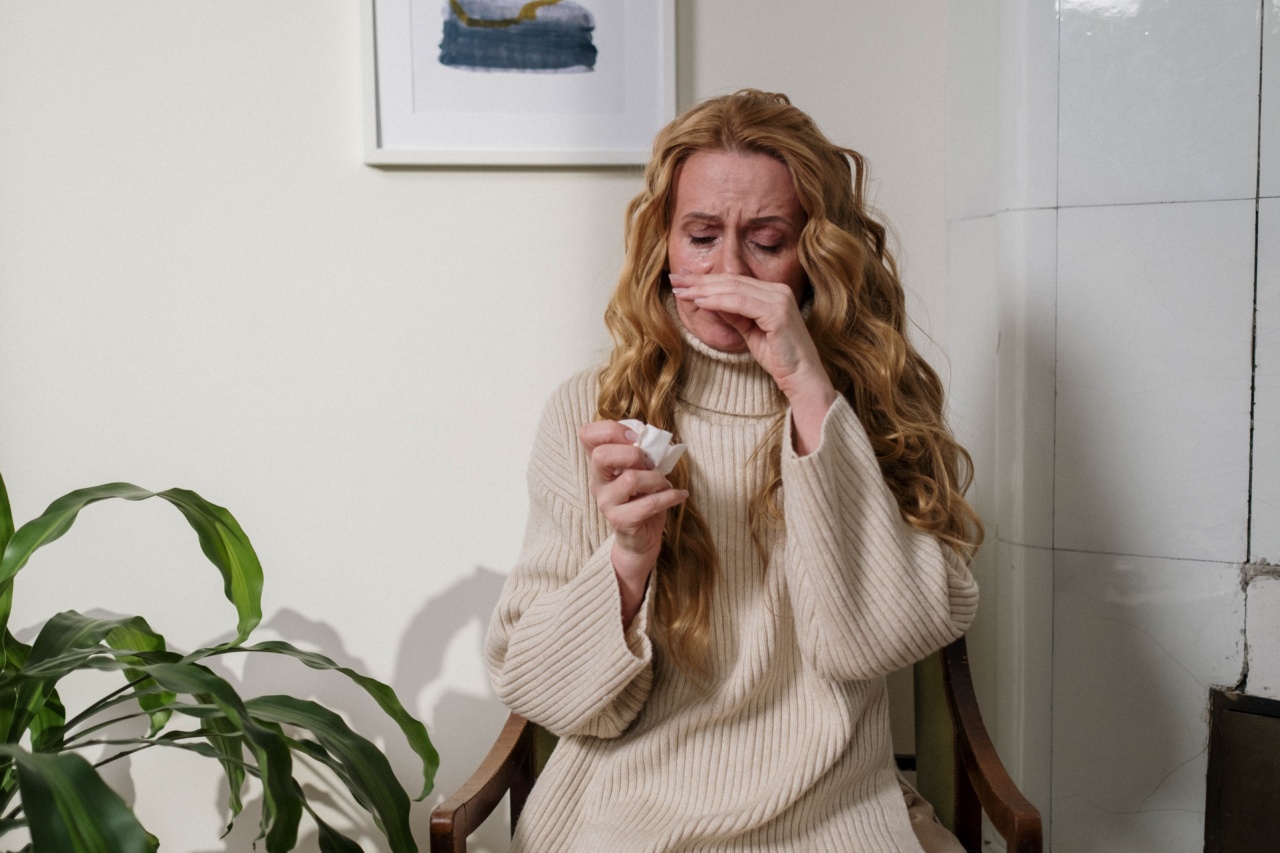Allergies can be frustrating, especially when they are accompanied by a blasting and runny nose. Not only is it uncomfortable, but it can also interfere with your day-to-day activities.
In this article, we will provide you with 10 tips for managing allergies with blasting and runny nose.
1. Identify Your Triggers
The first step to managing allergies is to identify your triggers. Keep a journal of your symptoms and when they occur. This will help you determine what might be causing your allergies. Common triggers include pollen, dust, pet dander, and mold.
Once you know your triggers, you can take steps to avoid them.
2. Keep Your Home Clean
A clean home is less likely to trigger allergies. Dust and vacuum your home regularly to keep dust and pet dander at bay. Use a damp cloth when dusting to avoid stirring up dust.
Avoid using harsh chemicals when cleaning, as they can aggravate your allergies.
3. Use Air Purifiers
Air purifiers can help remove allergens from the air. They are particularly useful in the bedroom, where you spend a lot of time. Look for an air purifier that uses a HEPA filter, which can capture tiny allergen particles.
4. Monitor the Pollen Count
Pollen is a common allergy trigger, particularly during the spring and summer months. Monitor the pollen count in your area and stay indoors if it is high. Keep your windows and doors closed during high pollen count days to avoid bringing pollen indoors.
5. Use Nasal Irrigation
Nasal irrigation can help flush out allergens from your nasal passages. You can use a saline solution or a neti pot to irrigate your nasal passages. It is important to use sterile water when using a neti pot to avoid infection.
6. Take Medication
Over-the-counter antihistamines can help relieve allergy symptoms, including blasting and runny nose. Talk to your doctor or pharmacist about the best medication for your allergy symptoms.
They can recommend medication that will not interfere with any other medications you might be taking.
7. Avoid Irritants
Avoid irritants that can make your allergies worse, such as cigarette smoke or strong perfumes. If you smoke, consider quitting. If you are exposed to secondhand smoke, try to limit your exposure.
8. Stay Hydrated
Drinking plenty of water can help thin out mucus and alleviate congestion. Aim to drink at least eight glasses of water a day. Avoid drinking alcohol or caffeine, as they can dehydrate you and make your allergy symptoms worse.
9. Use Essential Oils
Essential oils, such as eucalyptus and peppermint, can help relieve nasal congestion. You can add a few drops of essential oil to a diffuser or humidifier.
Alternatively, you can add a few drops of essential oil to a bowl of hot water and inhale the steam.
10. Seek Professional Help
If your allergies are severe or interfering with your daily life, seek professional help. An allergist can perform allergy testing to determine your specific allergy triggers. They can also recommend treatment options, such as allergy shots.
Conclusion
Allergies with blasting and runny nose can be frustrating, but there are steps you can take to manage them.
Identify your triggers, keep your home clean, use air purifiers, monitor the pollen count, use nasal irrigation, take medication, avoid irritants, stay hydrated, use essential oils, and seek professional help if needed. By implementing these 10 tips, you can alleviate your allergy symptoms and enjoy a better quality of life.






























